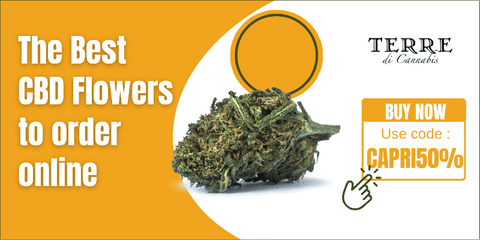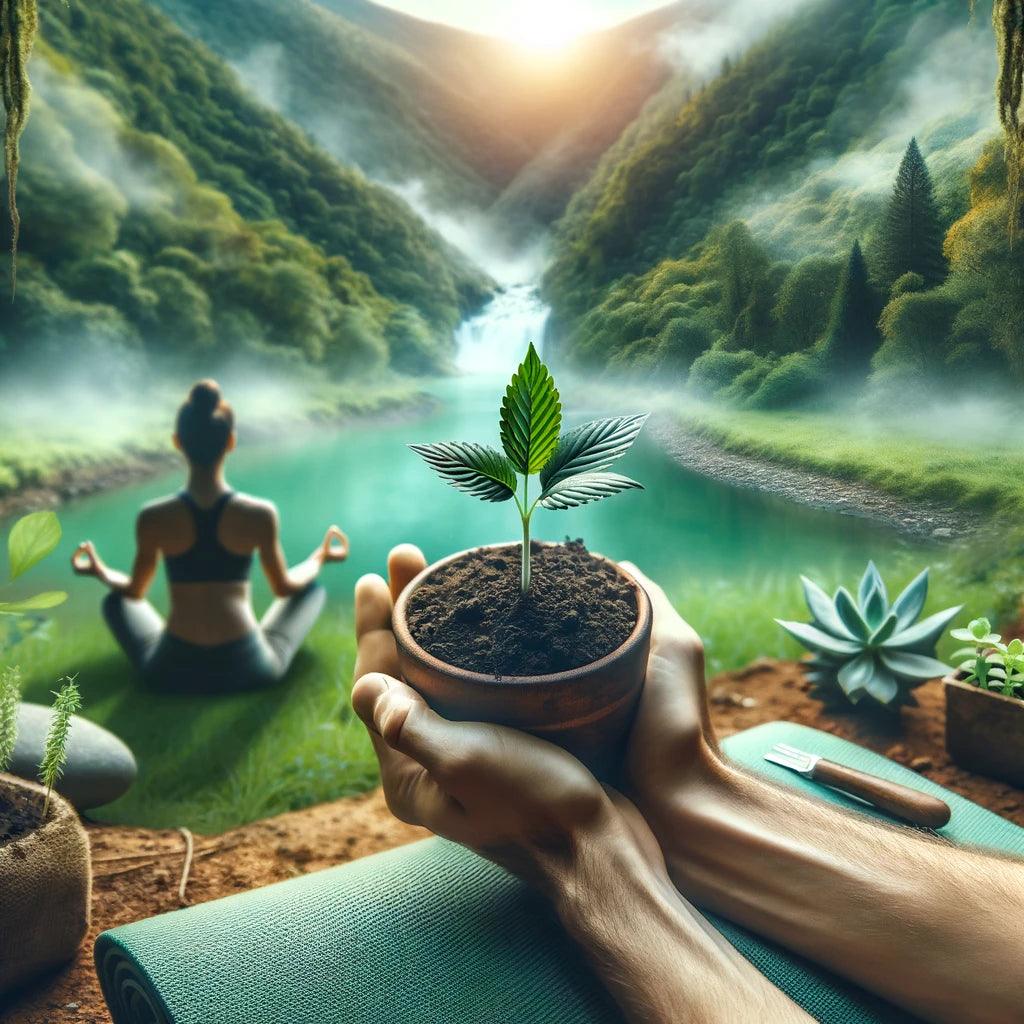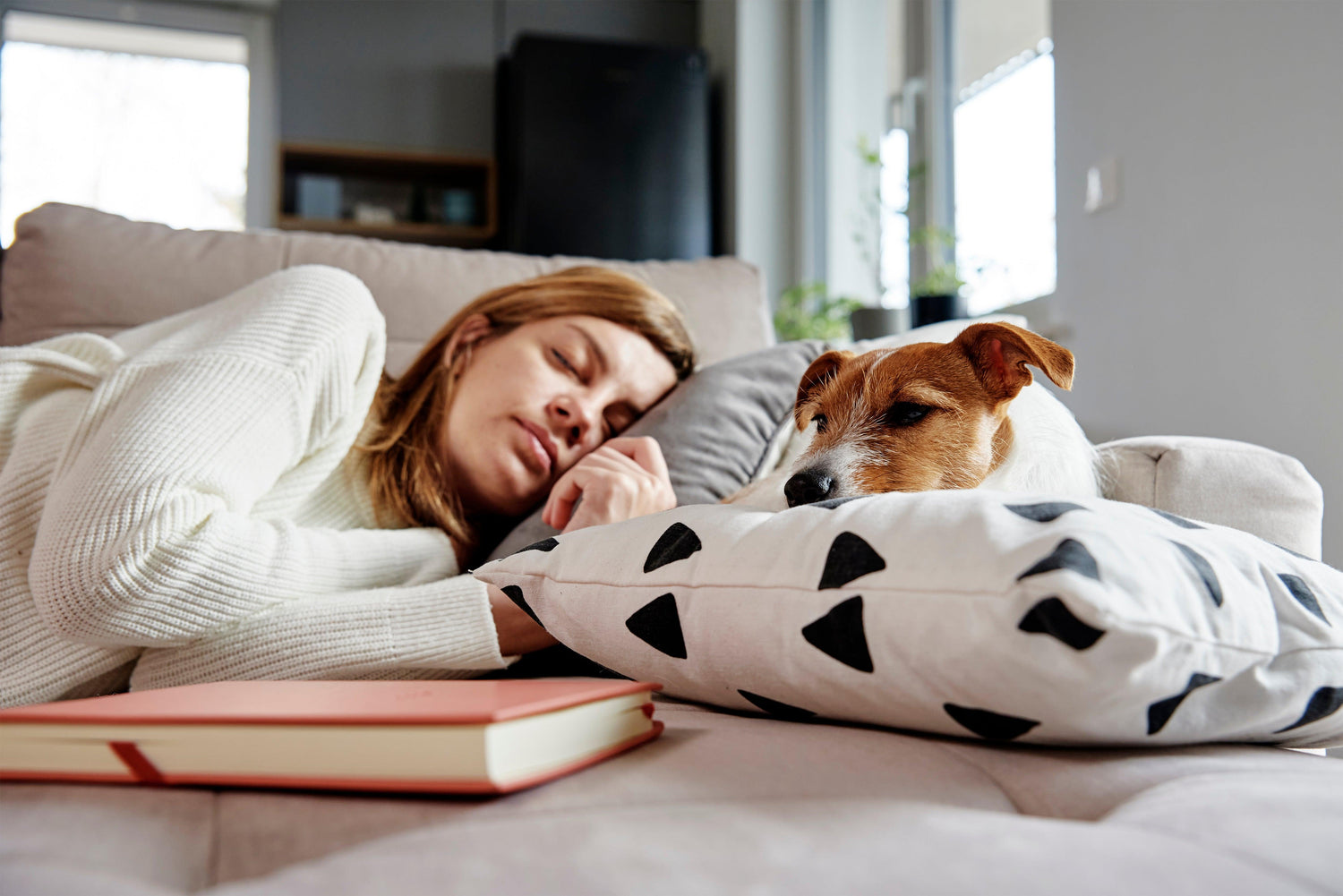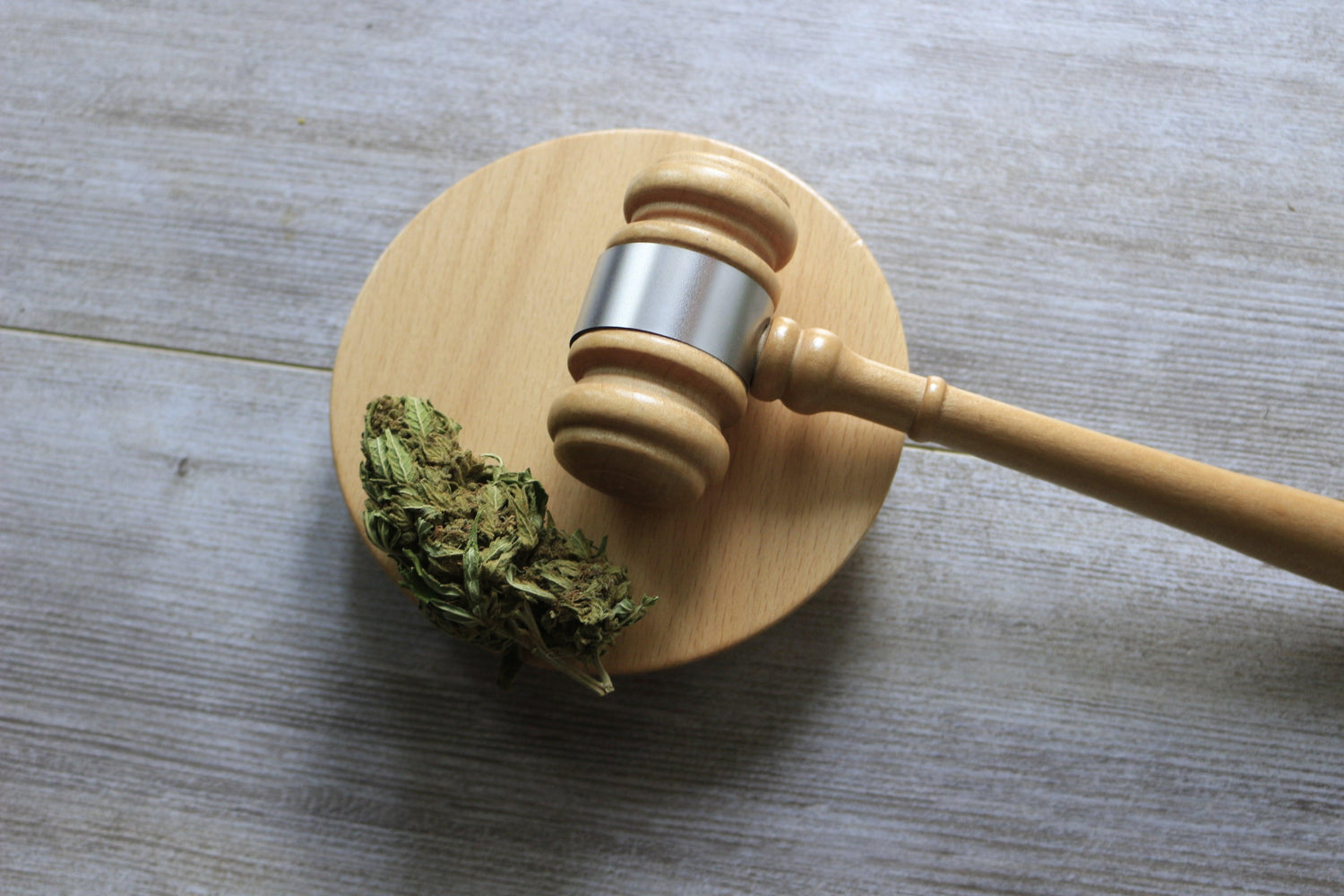Cannabis is a divisive topic and has always seen fans and detractors facing each other in large, compact groups. Each faction has its reasons, more or less valid, but cannabis is often spoken of as a dangerous substance at levels that are not very credible.
Certainly reactions to narcotic substances are always very personal and depend on many factors. People with similar habits and builds react to cannabis in different ways and forms , sometimes displaying extreme reactions in one sense or another.
There are those who are completely knocked out after two shots and those who show no signs of slowing down. There are many studies that have tried to isolate the effects of weed on more or less large samples of people, with the aim of creating a "list" of symptoms and pathologies that can be linked in various ways to marijuana intake.
Cannabis certainly affects the mood of those who take it, precisely because it changes - in a limited and temporary way - the perception we have of ourselves and the outside world.
With the consequence of making us perceive things not exactly as they are. In this article we will address the following topics:
- The active ingredients of cannabis: THC
- CBD
- CBD, anxiety and stress
- CBD and sleep
- Cannabis, memory and PTSD
The active ingredients of cannabis: THC
THC , or delta-9-tetrahydrocannabinol, is one of the active ingredients most present in the cannabis plant . It is a psychogenic substance produced by the flowers of the marijuana plant, which has many effects on the human organism and, in the right doses and methods, its intake can bring positive results.
THC alters the consciousness and mental state of those who take it . The effect, however, strongly depends on the quantity and the psychophysical state of the person who consumes it .
A minimal dose will lead to a short and not too intense state of euphoria associated with a broadening of emotional perceptions. While taking THC in high doses can have unpleasant effects on mood, which can result in depression or aggression.
The alterations, in a positive and negative sense on our organism, occur thanks to the presence of the CB1 and CB2 cannabinoid receptors , present in the endocannabinoid system of the human body.
Our body, in fact, is capable of producing cannabinoids endogenously and THC, by binding to its receptors, stimulates the release of dopamine from some regions of our brain. Especially at the level of the hypothalamus.
Dopamine is a neurotransmitter that acts by modulating individual behavior , mood , sleep-wake rhythm , attention , memory , voluntary movement and much more.
The binding of THC to its receptors and the resulting production of dopamine stimulate feelings of pleasure, concentration, pain relief and appetite.

The active ingredients of cannabis: CBD
CBD, or cannabinol, is a non-psychoactive cannabinoid , which regulates and stabilizes the effects of THC. It has many properties, so much so that it has proven to be a panacea for the human body.
It has a relaxing, analgesic and anti-inflammatory effect, promotes muscle relaxation and promotes sleep, improving the quality of rest . Its medicinal uses exceed those of any other known cannabinoid.
Since it became marketable thanks to law 242/2016 which allows the sale of light cannabis – it has become a superstar.
It is also considered very useful in the treatment of diabetes, alcoholism, post traumatic stress syndrome - PTSD, schizophrenia, rheumatoid arthritis, epilepsy, cardiovascular diseases. It has antipsychotic and anxiolytic effects, which make it completely complementary to THC.
CBD takes on a very significant function in the relationship with CB2 receptors, which are found in the immune system, in organs such as the thymus, spleen and tonsils.
It regulates the immune system and the intestinal inflammation response , preventing the elimination of natural cannabinoids, and binds to some receptors responsible for physical and mental health.
CB2 receptors are also located in the brain, but not to the same extent as CB1.
When THC and CBD combine, their effects change, giving rise to the so-called entourage effect : the two substances, THC and CBD, enhance the positive qualities of each other. For example, pure THC can cause anxiety, but when mixed with CBD it has a much milder effect. Promoting a positive and general feeling of relaxation.
CBD, anxiety and stress
Anxiety is the disease of the century. In Italy it affects more than 8 million people, and at least half of these also suffer from depression or insomnia. It is the body's natural response to danger and stress .
But – if it is experienced for long periods – it can become pathological and chronic and significantly affect the quality of life .
The most used medical system to deal with anxiety disorders is taking anxiolytic drugs . Which, in addition to being very expensive, also have serious side effects and can trigger a real addiction .
CBD is an excellent weapon against anxiety and stress. In 2016, researchers at the National Institutes of Health - University of Utah, in collaboration with the University of California, conducted a study, administering a chemical substance that simulates CBD to mice .
When researchers blocked serotonin receptors in mice, they found that the effects of CBD were no longer evident. This result suggests that there is indeed a relationship between cannabinoids and the serotonin system .
By comparing the anxiety levels of 50 individuals who regularly smoked cannabis and 50 who did not smoke at all, it was found that patients who smoked marijuana experienced much lower levels of anxiety than those who did not.
Although the dosage and mechanism of consumption require more research, the study concluded that CBD is an effective treatment for this psychological condition .
To arrive at the production of drugs that integrate traditional anxiolytics and cannabinoids, we will have to wait for research to obtain more certain data. Continuing to experiment with the effects of CBD on humans.
CBD and sleep
CBD has also proven to be a precious ally in combating insomnia : reducing stress and promoting muscle relaxation. Cannabidiol has great power against sleep problems.
It is a natural remedy that constitutes a potential alternative to traditional treatments.
There are many and varied factors that can influence the quantity and quality of sleep .
Sometimes the origin of insomnia can be attributable to a single cause, other times it derives from multiple external factors, which contribute to the onset of the disorder .
Sleep mechanisms are sensitive to the influence of emotional tensions and worries, which prevent us from relaxing and enjoying the refreshment of sleep.
Sleep is a primary need and is fundamental to our health and well-being . Sleep problems constitute a class of "epidemic" disorders that threaten health and quality of life and affect up to 45% of the world's population.
Directly or indirectly, disturbed sleep can have a negative effect on family life and relationships. By influencing the person's mood , daily activities and social interactions.

Cannabis, memory and PTSD
Commonly identified with the acronym PTSD, post traumatic stress disorder is the disorder which in psychiatry refers to a series of symptoms caused by a shock.
Often the key to managing PTSD is memory : those who have suffered a traumatic event often relive it through memories, images, perceptions and flashbacks.
A lower level of anandamide, an endocannabinoid linked to the management and production of dopamine, has been found in subjects suffering from PTSD.
One of the central aspects of PTSD is therefore the deficient component of endocannabinoids : scientists have established that the signal from the CB-1 receptors, under normal conditions, deactivates traumatic memories and allows us to forget. Altered CB-1 receptor signaling, caused by endocannabinoid deficiency, is related to the consolidation of adverse memories, decreased fear extinction and anxiety.
THC appears to be a huge help in increasing anandamide levels in the body . However, it is believed that it is preferable to combine it with CBD which regulates its side effects, especially those linked to anxiety and paranoia.
In 2007, New Mexico was the first country to legalize medical cannabis. And it was also the first country that recognized PSTD among the pathologies for which medical cannabis administration programs can be accessed . With the “Freedom to choose” program.
Researchers are convinced that therapeutic cannabis is useful for combating the heavy stress that accompanies returning from war, promoting reintegration into daily life .
«When I returned home from Afghanistan I was diagnosed with PTSD. I worked with my doctor and tried many prescription drugs. Taking handfuls of pills every day, each with several very serious side effects, of which I still have some symptoms today."
He recounted Michael Innis , who was awarded a medal for distinguishing himself in an ambush. «Cannabis certainly wasn't my first choice, but, and I can say this because I tried it, it's a drug that works well for me. It allowed me to find a job and start a new life."
If the article was of interest to you, share it on social media with the rest of the Community, every single share helps us support our blog and keep you 360° informed on the world of Cannabis.
You might also be interested in:








